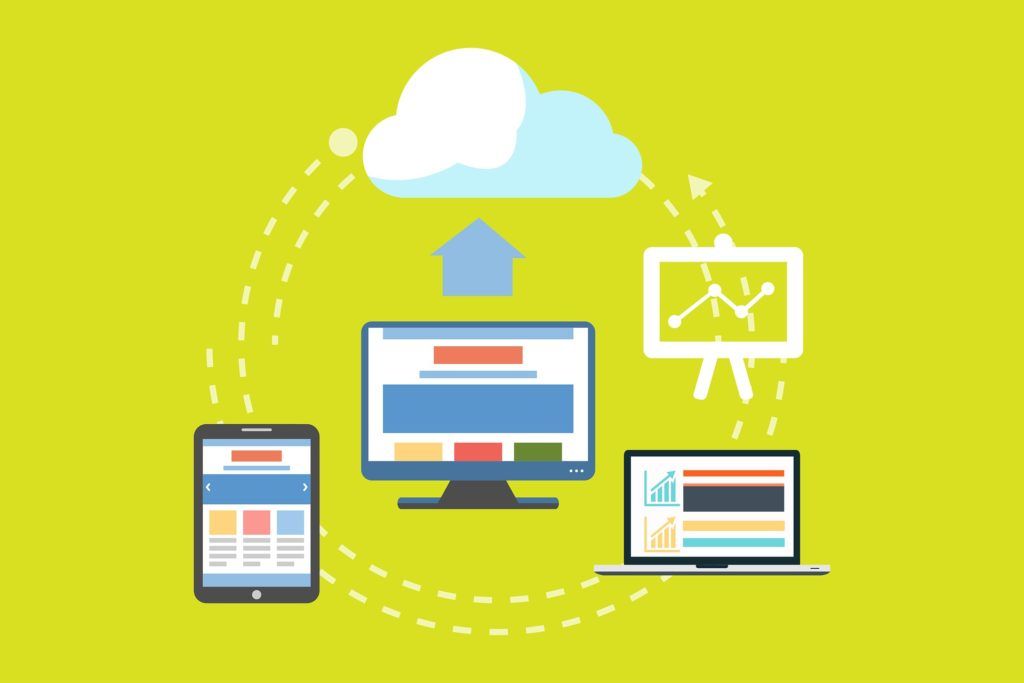Benefits of Backing Up G Suite and Office 365 Data
Millions of businesses use the G Suite and Office 365 products for organizing, coordinating business and saving data. This is due to the benefits that cloud-based software provide to users.
However, these advantages can sometimes be misleading to users. Some may believe their G Suite and Office 365 data are being backed up to different places. This isn’t true. The G suite and Office 365 do not backup your cloud data. This is shared in their terms of service. Therefore, such events as a server error could lead to data loss or corruption. And without backing up your information on the cloud, your data could be lost for good.
Even though the apps and data are residing in the cloud, they also need to be backed up on separate cloud for data security.
Your business data on G Suite and Office 365 can be backed up in a process termed cloud to cloud (C2C) backup.
We will discuss the benefits of Office 365 and G Suite data backup below.
1. Protect Against Malicious Apps
Third party apps are popular with G suite and Office 365 solutions. These apps help extend the default function of the suites and often add cool features to boost productivity.
Since third party apps are not made by Google or Microsoft, they could be injected with malicious code and attack your cloud data when you give them the right permission.
Hackers may use such apps as a backdoor to access, steal, and delete your data. It is practically difficult to avoid all extension and add ons. The good news is that the backup of your cloud data can protect you if you mistakenly install a rogue application.
2. Protect Your Data against Malicious or Accidental manipulation by Users
According to research, user error is responsible for 70% of all data loss or damage incidents. Backing up your data is thus important to protect them against accidental or intentional damage. When many employees access the same data, such as making edits to shared Google sheets and/or Google docs files – or Microsoft Office 365 files, there is a likelihood of a file deletion accident occurring.
Data may be lost through:
- File deletion for creating space or protecting sensitive document
- Removal of duplicate files
3. Deal with Malware and Ransomware Attacks
New malwares are being created to exploit new loopholes by cyber attackers. These viruses can take over systems and steal business data. Unfortunately, neither G Suite and Office 365 are immune from malware attacks.
Through phishing , a cyber criminal may get one of your employees to download or install malicious software and then take over your machine.
Since syncing data from the desktop to the cloud is a critical part of using cloud apps such as Office apps or Google apps, downloaded malware can get synced into your Google drive or OneDrive files where they can infect your files.
Some specialized malware known as ransomware often encrypt files while demanding for ransom before they can be decrypted.
If a cloud backup system has been set up by a managed service provider, your data can be easily restored after the malware has been removed.
4. Manage File Overwrites
Collaboration is one of the strong features of cloud apps but it can also be a disadvantage. A user may overwrite important updates while working with other users on the same file.
With enough time and changes it may be difficult to restore the specific file version that you need.
A backup solution for your Google Drive or Office 365 will prevent this kind of data loss and make recovery easier.
5. Prepare Your Business for SaaS Outage and Shutdown
Cloud applications have less than 100% uptime and reliability. While rare, they can fail to load at anytime and make your data become inaccessible. Both Gmail and Office 365 have been reported to undergo outages which prevents businesses from accessing their mail and data on time. Businesses which backup their cloud data won’t be affected by such outage.
6. Allows Recovery in Case of Stolen or Loss Device
To work anytime and anywhere, you or your employees have to log on to your business’ cloud accounts from multiple devices.
If any of these devices get lost or stolen, a bad actor could use it to wipe your data clean, impersonate your employee or even inject malware into your drive.
Without a backup, you may lose your entire project or business data to a single device loss.
It is clear from the above that your business stands to gain a lot from backing up your Office 365 and G Suite data.
If your business cannot tolerate the unavailability or loss of business data, you must setup a cloud backup for your G suite and Office 365 data.
You don’t need to worry about the complexities involved in setting up the backup, SDTEK , an expert managed service provider can help you out. Don’t wait until you lose data, get the required backup today.
The post Benefits of Backing Up G Suite and Office 365 Data appeared first on SDTEK | San Diego, CA.



